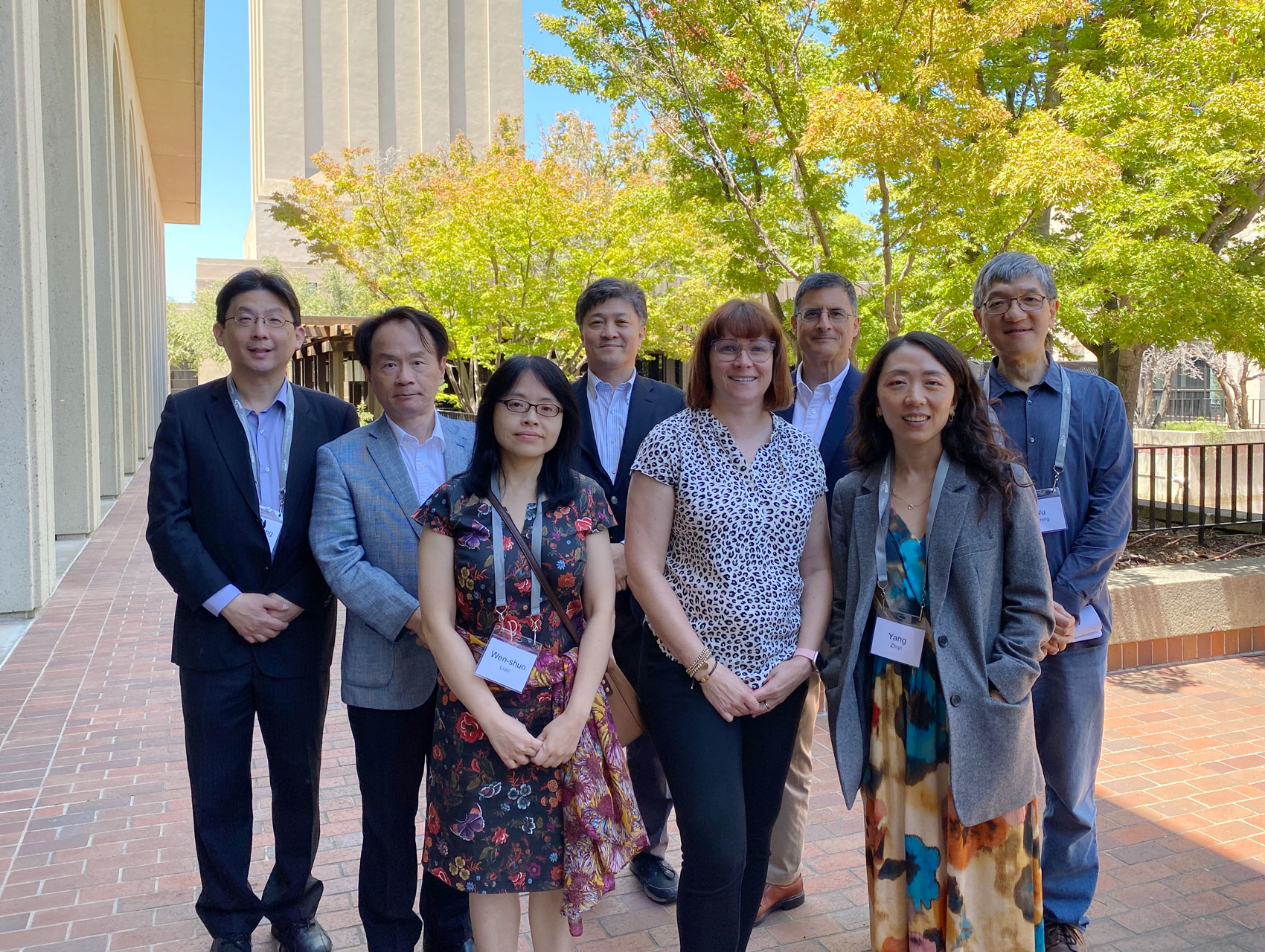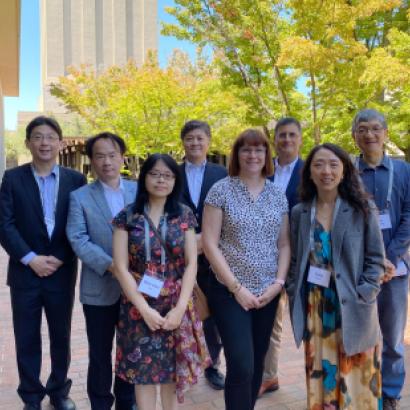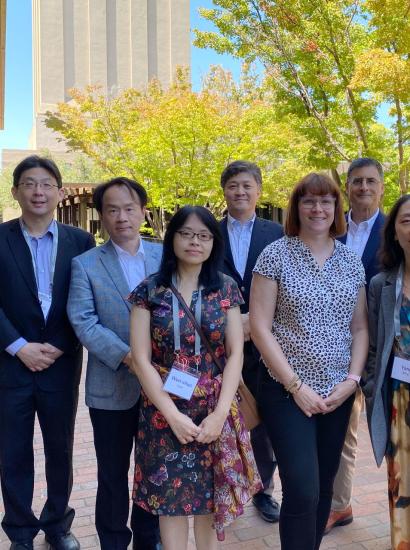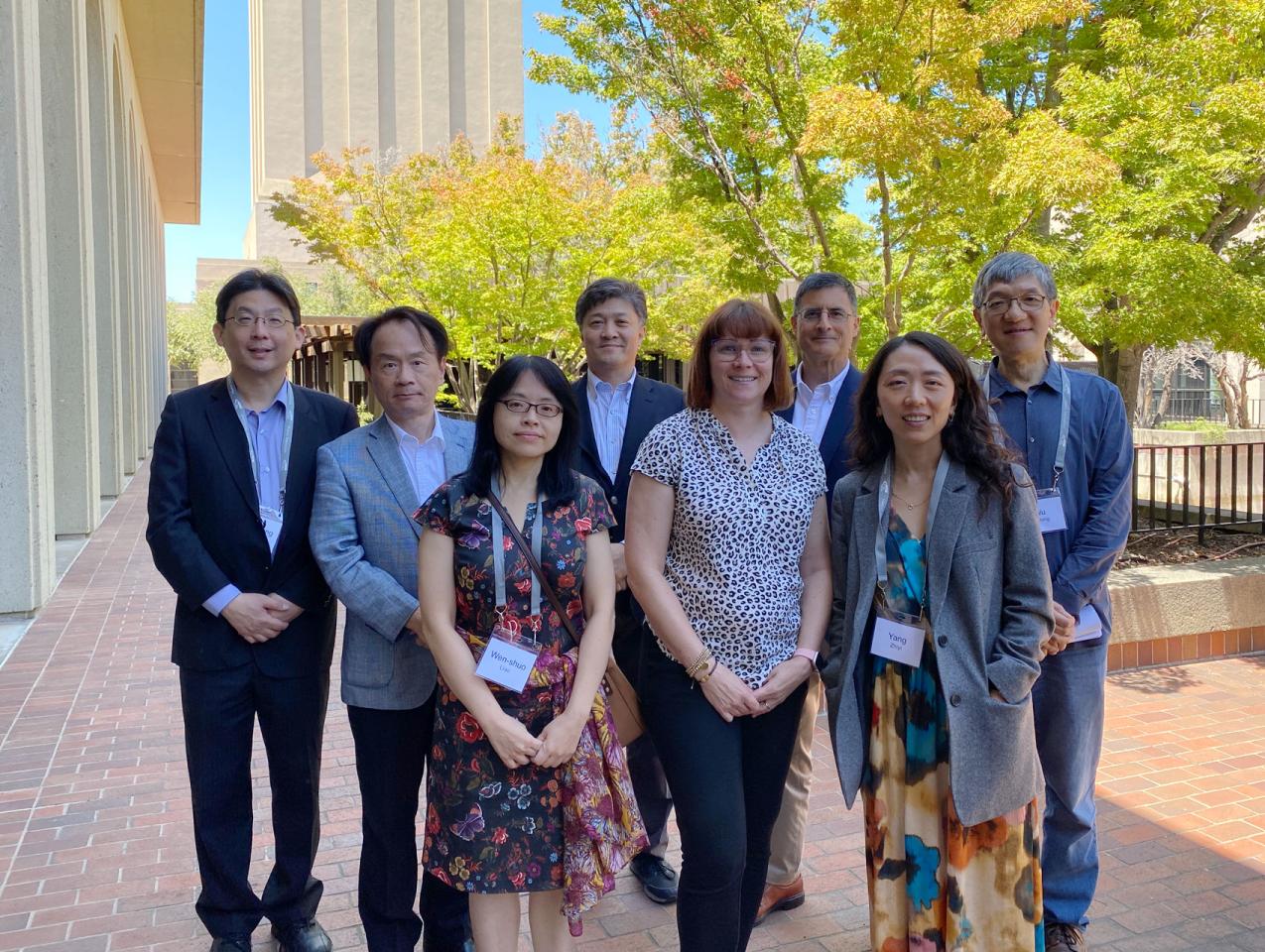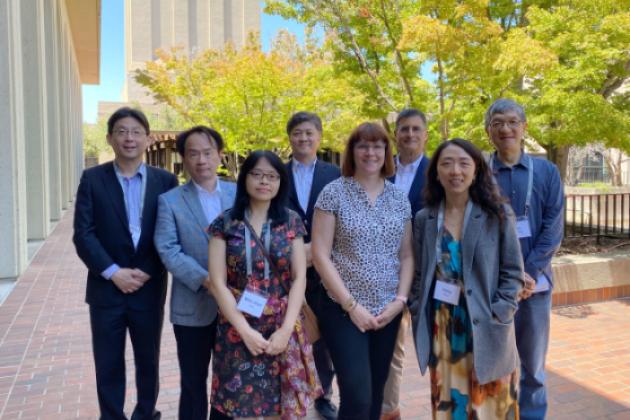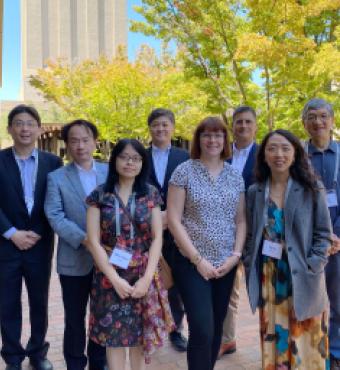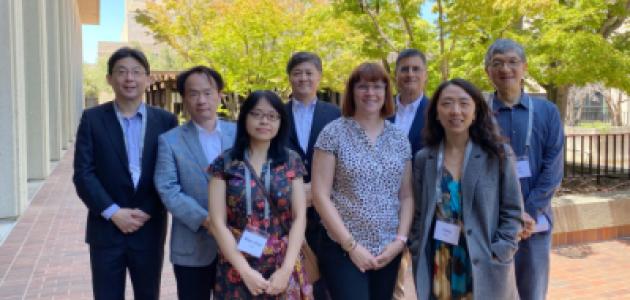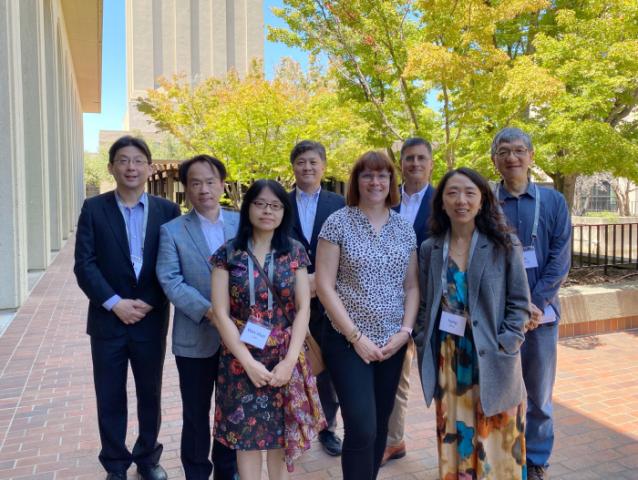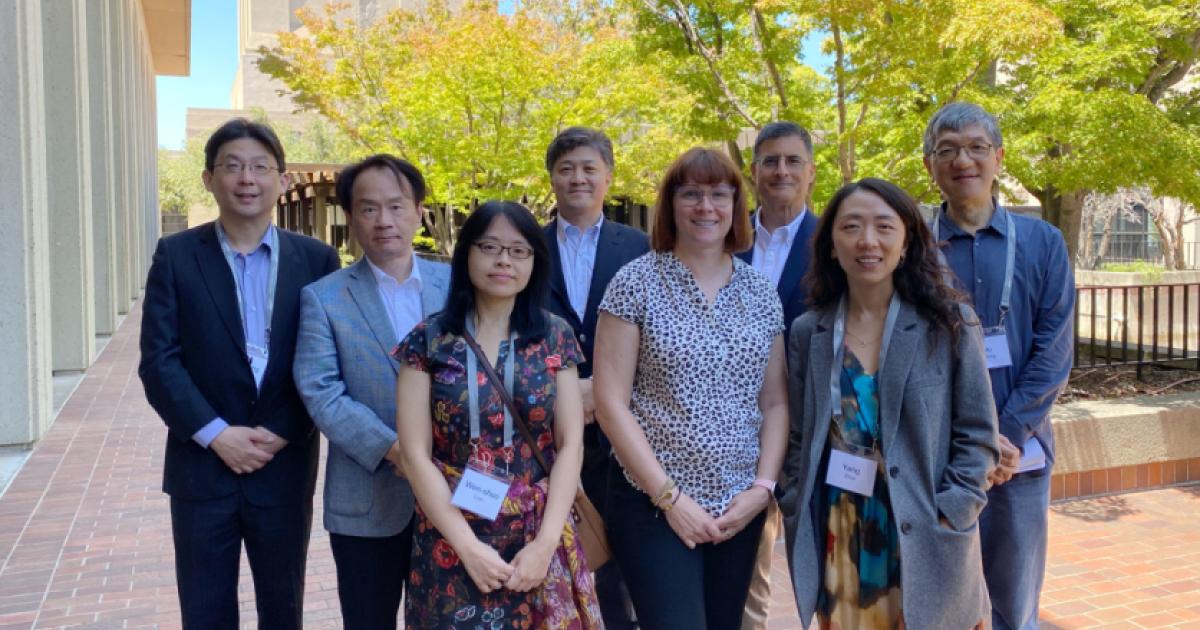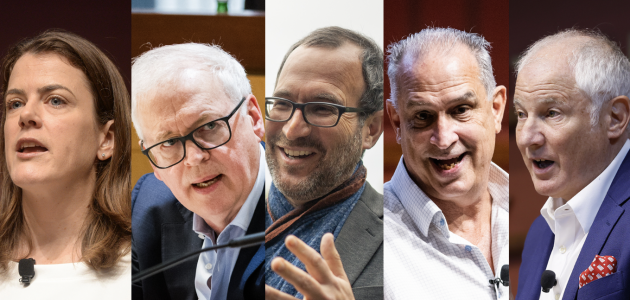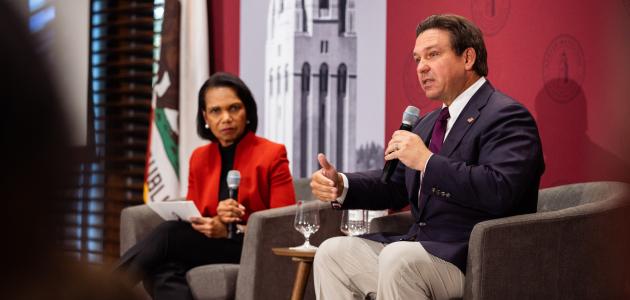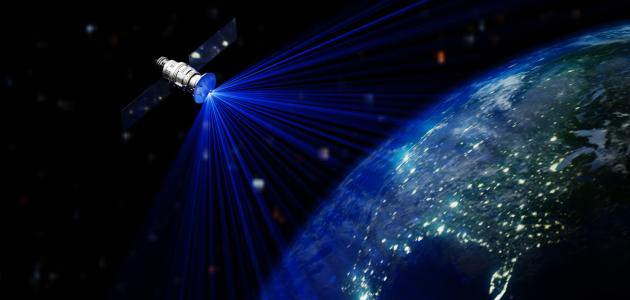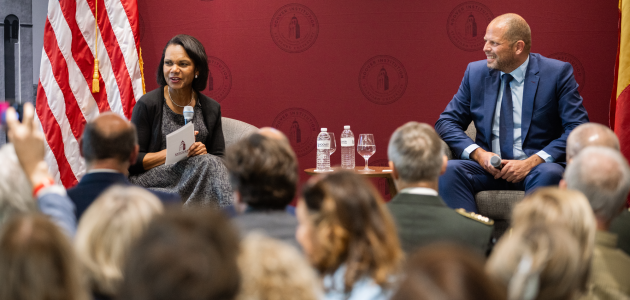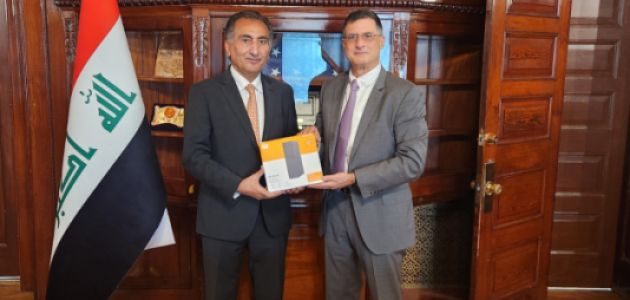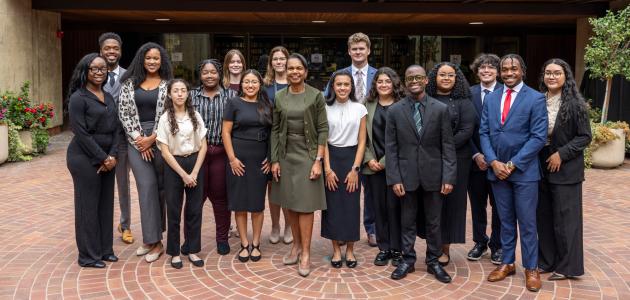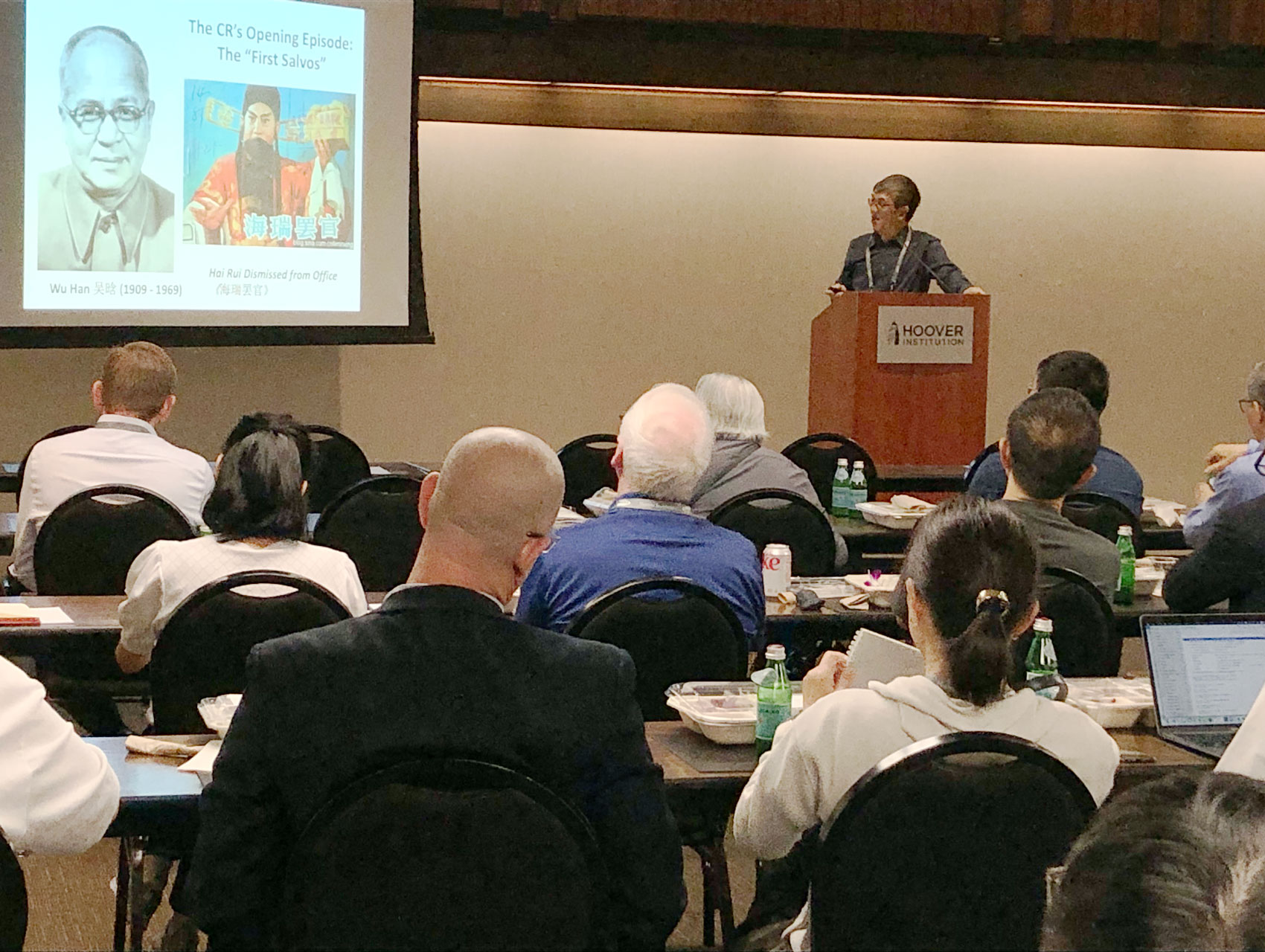
The 2023 Hoover Institution Workshop on Modern China and Taiwan was held July 31 through August 4, 2023. This year the workshop featured six speakers from the United States, Canada, Germany, Japan, and Taiwan who explored Hoover’s unique archival collections and evaluated how these historical treasures help reshape our understanding of contemporary China and post-1949 Taiwan. Workshop attendees presented their research to a wide audience from the Hoover/Stanford community as well as to researchers and mass media in the San Francisco Bay Area. Multiple subjects were discussed and ranged from the study of political figures of Nationalist China and post-1949 Taiwan to Chinese collaborators with Japan during World War II, and from the myth and reality of military conflict over the Taiwan Strait to a revisit of the Chinese Cultural Revolution. Participants are described below.

Wu Yiching (University of Toronto) kicked off this year’s event by presenting a revisionist view of the Chinese Cultural Revolution (1966‒76). The abrupt onslaught of China’s Great Proletarian Cultural Revolution in mid-1966 has intrigued and baffled scholars for decades. Existing scholarship on how the tumult began has mostly centered on Mao Zedong’s ideological vision and political agency. However critical or dismissive of Mao’s extravagant personality cult it has been, English-language scholarship has tended to reproduce certain key features of official Chinese hagiography within its own analytical framework. And the major events leading up to the eruption in 1966 are usually retroactively construed to form parts of Mao and his close associates’ conspiratorial maneuver, thereby reduced to the chairman’s instrumental action and preconceived intent. Wu instead established narratives and interpretations of how Mao’s last revolutionary endeavor began by asking whether the advent of the great turmoil may be more fruitfully understood as an outcome of a broader, cumulatively radicalizing process, aided by a heterogeneous array of currents and forces rooted in disparate historical circumstances. Based on Hoover’s rich archival sources, Wu provided the audience with a more contextually sensitive understanding of the open-ended, path-dependent processes in which a heterogeneous array of currents and forces became contingently intertwined with one another to produce the seemingly inexorable cataclysm.
Yasuhiro Matsuda (University of Tokyo) drew attention to the myth and reality of the military conflict over the Taiwan Strait. Traditionally, the interpretation of "Taiwan Strait Crisis" counts as a crisis only when the People’s Republic of China (PRC) attacks Taiwan, a phenomenon which might expand into a conflict involving the United States and the Soviet Union. In reality, very often Taiwan was the one that initiated the conflict by undertaking small-scale counteroffensive operations along China’s coast, and the impact on the PRC was not small. As Yasuhiro illuminated, military confrontations across the Taiwan Strait spanned from 1949 to the early 1970s. Exactly what happened over these confrontations and how they affected the PRC’s internal situation are topics that remain open to scrutiny. After the offshore island crisis of 1958, China halted its attempt to use military means to liberate Taiwan. In contrast, it was Taiwan that attempted to change the status quo of the Taiwan Strait by resorting to military force. By clarifying several facts of what really happened across the Strait, Yasuhiro provided the audience with a fresh look at the military conflict between China and Taiwan and reconsidered what is meant by the “Taiwan Strait Crisis.”
Kelly Anne Hammond (University of Arkansas) focused on issues surrounding Chinese ethno-politics and state-building by examining the political career of General Pai Chung-hsi, whose personal collection is among Hoover’s archival treasures. Pai’s life spanned late imperial China, the founding of the Chinese Republic and its fracturing during the so-called Warlord Era, the Nanjing Decade (1927‒37), the Sino-Japanese War (1937‒45), the Chinese Civil War (1945‒49), and the establishment of the People’s Republic of China. His displacement from the mainland to Taiwan in the late 1940s was jarring. Taiwan was very far and very different from Guangxi, his home province in southwest China. Beyond that, as Hammond demonstrated, the move required a quick realignment of ethno-politics and outreach to anticolonial Muslims around the world. Suddenly, the goal of retaking the mainland from the Communists subsumed the long efforts of Chinese Muslims to be included in visions for the emerging Chinese nation-state. In her talk, Hammond examined some of the tensions between the ways that Pai tried to ensure that Muslim voices were heard in postwar politics and the ways that he navigated the new geopolitical realities in the Global South. By doing this, Pai clearly attempted to foreground Muslim concerns as a pressing geopolitical issue for the Chinese Nationalists.
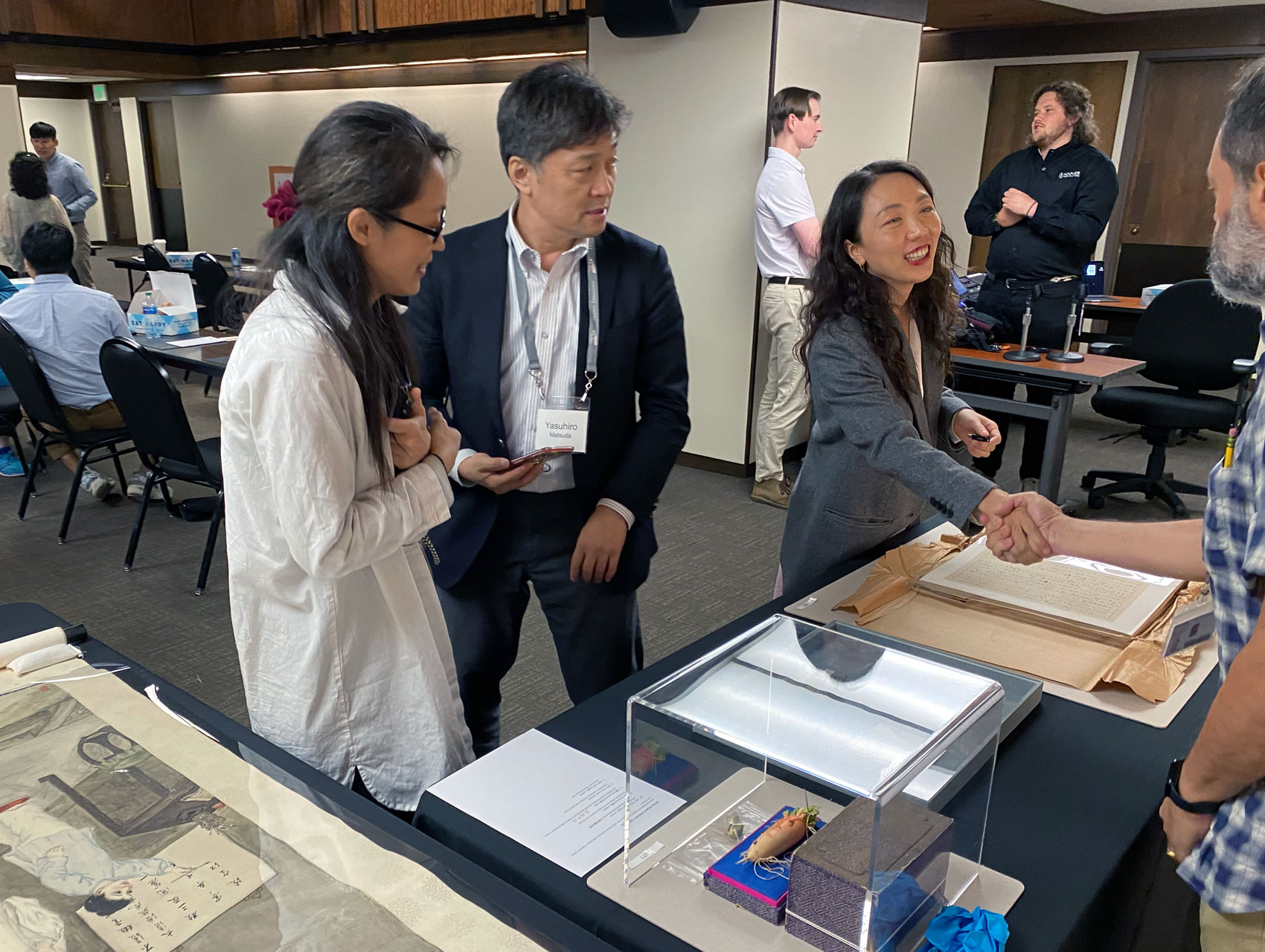
Yang Zhiyi (University of Frankfurt) discussed the personal papers of Wang Jingwei, which Hoover acquired in recent years. Wang was a prominent Nationalist Chinese politician who collaborated with the Japanese during World War II. Yang’s presentation focused on how archival research informs the study of Wang Jingwei’s poetry, and how his poetry in turn influences research on Wang as the most harshly censored historical figure in modern Chinese historiography and memory culture. The latter is characterized by an enduring mechanism of damnatio memoriae, instigating a person’s second death—that of his memory. Poetry, however, functions as counter-memory, through which the poet whispers to his later-day readers of the version of personal and historical truth that he recreates through allusions, metaphor, rhyme, meter, and other literary devices. As Yang argued, we are therefore compelled to ask a question, which is relevant to any historical figure but even more so a character like Wang Jingwei: How can the historical truth and the poetic truth be reconciled? When the gap between them is so profound, we must by necessity reexamine both truths and admit a certain kind of creative cacophony. During Yang’s talk, special attention was paid to Wang’s poetic manuscripts at the Hoover Archives that contain information omitted in published editions—information that is highly relevant to the readers’ experience of these poems and their reimagination of the authorial voice.
Yi-shen Chen and Wen-shuo Liao (Academia Historica) closed this year’s workshop with a presentation on the Kuomintang (KMT) authoritarian rule of Taiwan during the Cold War. Against the backdrop of Cold War confrontations, the KMT government as a staunch anti-Communist ally of the United States maintained a state of “national emergency” over the whole area under its control since martial law was declared in May 1949. As a result of this authoritarian political mechanism, a small number of mainland leaders dominated Taiwan’s politics and military affairs while many local Taiwanese, due to high combat casualties, poor living conditions, and inequality of political participation, were disappointed and dissatisfied with the ruling KMT regime. In August 1958, Chiang Kai-shek appointed General Huang Jie as the Taiwan Garrison Commander; he served more than four years before taking over the Taiwan provincial governorship. The Garrison Headquarters was in charge of public security, intelligence, immigration control, military mobilization, and post and telecommunications inspection. By examining Huang’s personal diaries, which are stored at Hoover, Chen and Liao provided the audience with a clearer picture of the massive political suppression, known as the White Terror, in post–World War II Taiwan.




